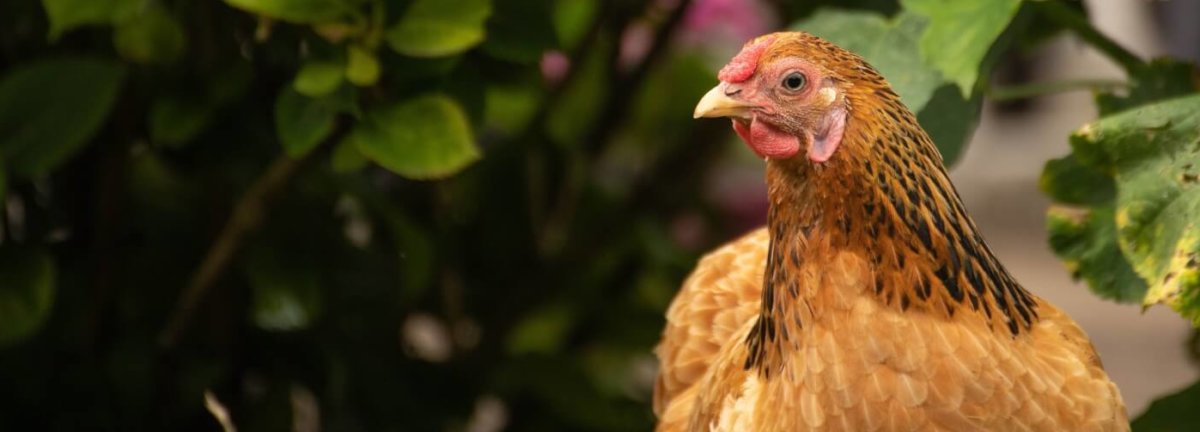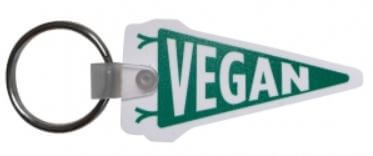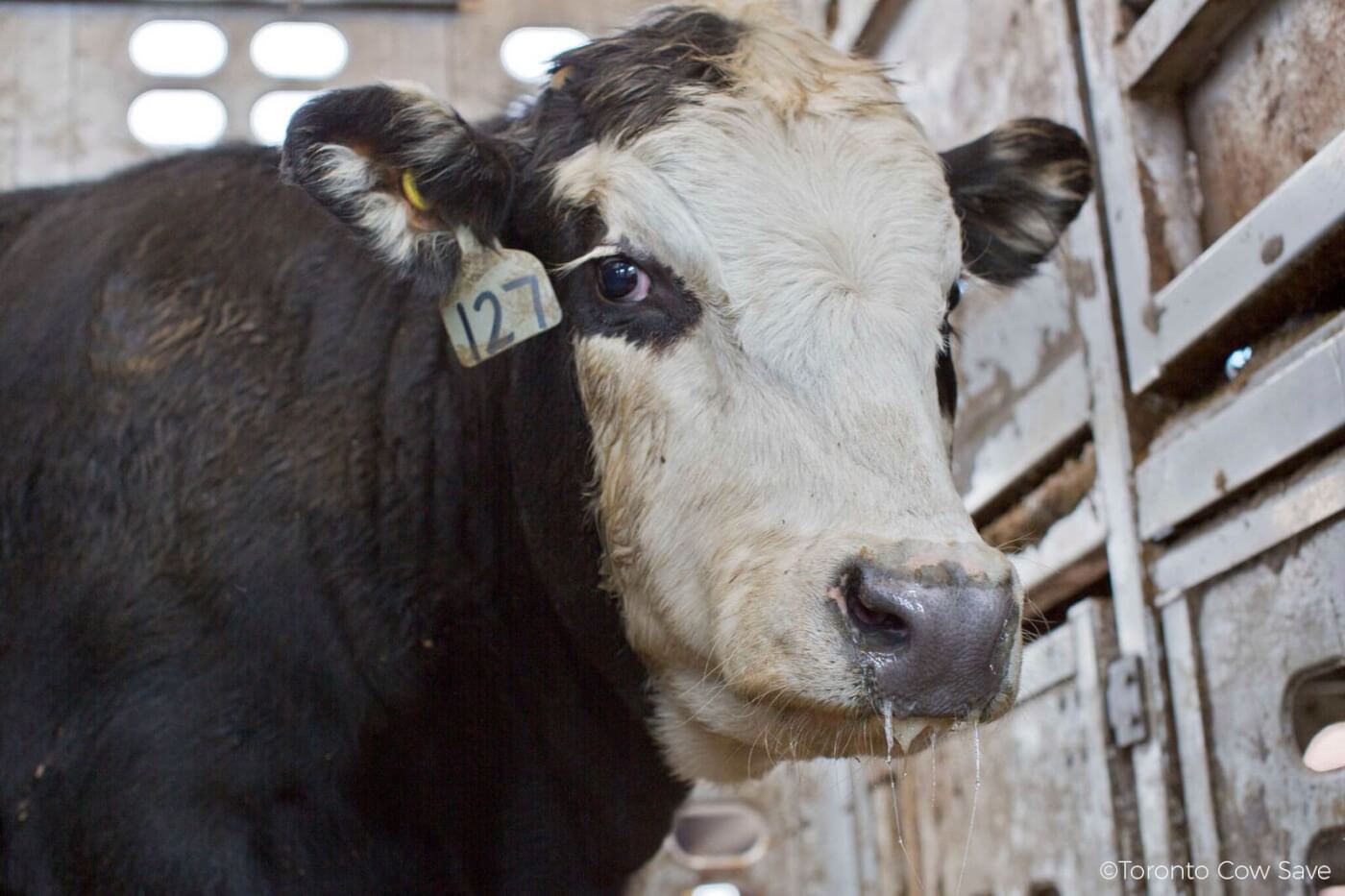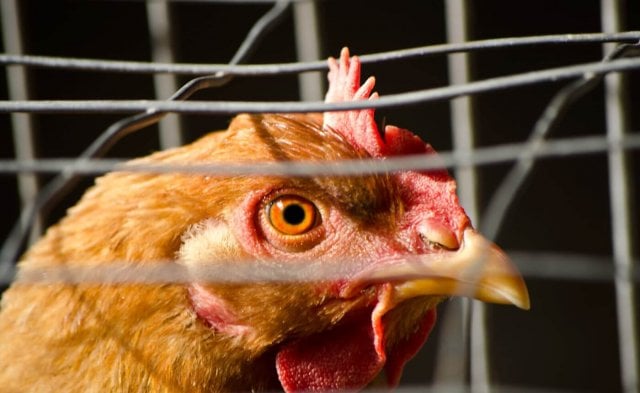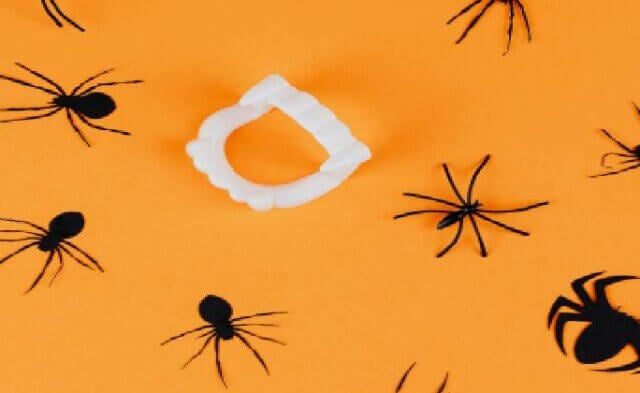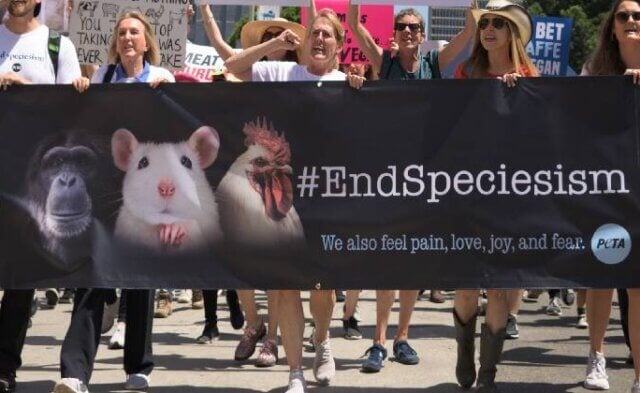Imagine this: You’re out to dinner with a few friends and acquaintances, none of whom are vegan. One of them notices your “Vegan” key chain and tells you that she has been thinking of going vegan for a few months but hasn’t taken the plunge yet because she thinks it will be too hard—plus, she isn’t sure what to eat. You encourage her and give her the vegan starter kit that you keep handy for just such an occasion. She thanks you and starts paging through it.
Meanwhile, you look at the menu and spot a delicious-sounding veggie burger. Hooray! But since the patty is homemade, you aren’t 100 percent sure that it’s free of dairy ingredients or eggs. Plus, what if the bun contains a tiny bit of milk? What should you do? You could be the “vegan police” and grill the waiter (pun intended) on the burger’s ingredients, but would that really help animals?
Stay with me here, but in this situation, I believe that it could do just the opposite.
Remember that aspiring vegan? She’s paying attention to what you order and trying to imagine herself doing the same thing. If you make it seem like a chore to order a meal that’s otherwise apparently animal-free, her fears that going vegan is “too hard” will be confirmed, and she’ll probably never try it. Everyone else at the table—and even the waiter—will get that same negative message, too.
So instead, you decide to show that making a kind choice is a snap, by ordering the veggie burger—topped with avocado—and a side of sweet potato fries. When your meal arrives, you offer your vegan-hopeful friend a sample before digging in and saying how tasty it is. And you feel good, knowing that you’ve just encouraged a whole table full of people to make a compassionate choice the next time they dine.
Of course, we should all do our best to avoid buying products that cause animal suffering whenever we can. If you’re concerned about what’s at a restaurant, you can always call or send a message ahead of time to inquire politely about vegan options. But in situations like this, it’s vital to remember that being vegan isn’t a quest for perfection or personal purity—it’s about doing our best to reduce animal suffering and, most importantly, encouraging others to do so, too. If your example is a positive one, others will be much more likely to consider going vegan themselves.
Think of it this way: Every vegan saves nearly 200 animals a year, but that number won’t increase unless you persuade someone else to get on board. Then you’ll be helping to save nearly 400 animals a year! And if your friend inspires another person to go vegan, that number will just keep growing.
If your friend is encouraged by your upbeat attitude and decides to order the veggie burger instead of one made from a cow, it’s a win for animals. And who knows? Those meat-eaters at the table might try it the next time, too. The restaurant, noticing the popularity of its meat-free menu items, may even add more of them.
But the reverse is also true: If you do something that discourages another person from going vegan by making it seem difficult—if your example puts up a barrier instead of building a bridge—it hurts animals. You might even call it anti-vegan.
So the next time someone tells you that he could never go vegan because he “can’t live without cheese,” instead of scolding him for oppressing cows and then going on and on regarding how you would never even buy almond milk from a company that also sells dairy “products,” why not encourage him to do what he can to help animals?
Maybe that’s going vegan except for eating cheese, or maybe it’s trying Meatless Mondays. Any step, even a small one, will help animals. And one good choice tends to lead to another: Many committed vegans started out as vegetarians who eventually had a change of heart about consuming eggs and dairy “products” as well.
Kindness and compassion are at the very heart of being vegan. So let’s give the vegan police a long-overdue retirement and extend consideration to everyone—animals, our friends and family, acquaintances, that one meat-eater who makes the same bad vegan joke at every holiday party, random strangers, and ourselves, too. After all, compassion can be contagious.

